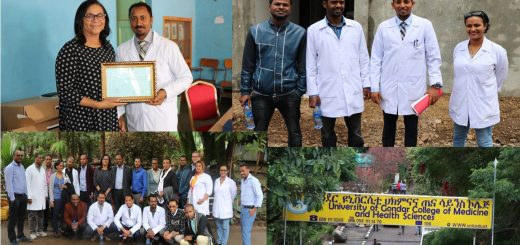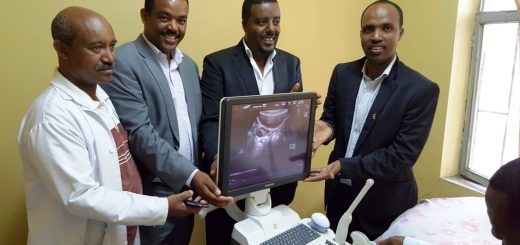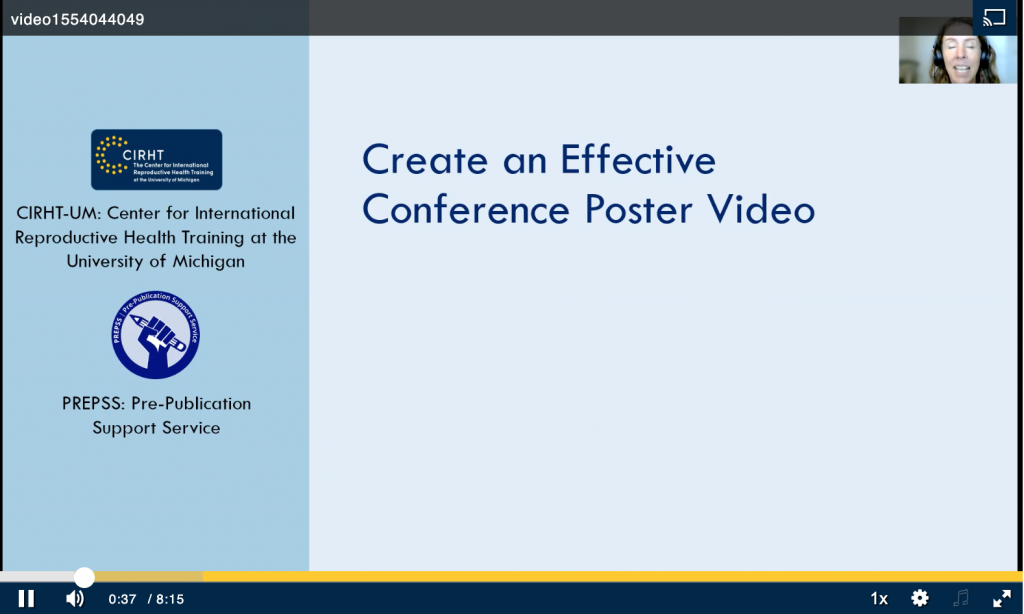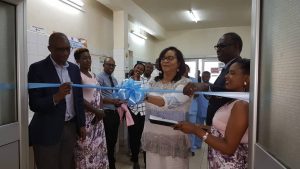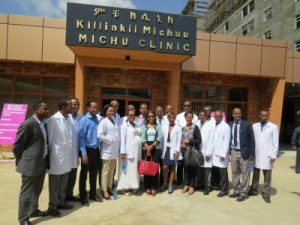Meet the Newest Generation of Medical Professionals, Poised to Empower the Women of Ethiopia
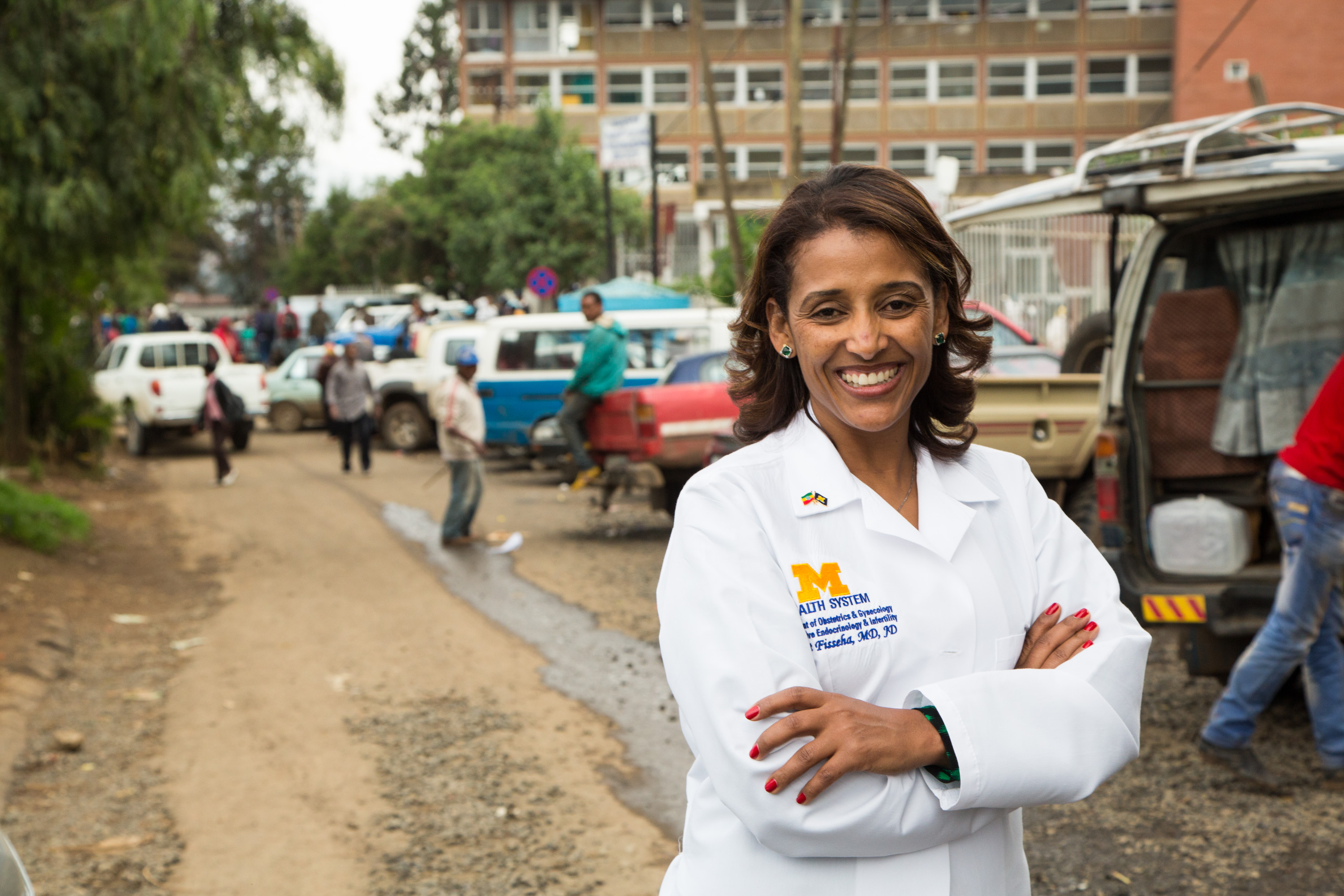
By: Dr. Senait Fisseha, Founder
I always knew I’d find my way back to Ethiopia.
My earliest memories of my home country include breathtaking natural beauty, moments of devastating chaos and people who were fiercely proud of their heritage and impatient for a brighter future. I left Addis Ababa as a teenager, but always carried with me a yearning to do something meaningful for Ethiopia.
Witnessing disparities in health care in different parts of the world deepened that yearning. Throughout my career as an OB/GYN, my drive has come from knowing that, in Ethiopia and throughout the Global South, girls and women deserve better—better access to contraception, better reproductive health (RH) services at every stage of their lives and better support before, during and after childbirth. My persistence is fueled by seeing that better care leads to better health, which unlocks opportunities for girls, women and their families to see a brighter future full of possibility.
I travel to Ethiopia often now and feel invigorated by the changes I see in many aspects of life. The government has prioritized investment in health, and care is more available and accessible, even in rural areas. There is also a steadfast commitment to expanding access to family planning, which is an investment in the health and development of women, families and their communities.
Yet one inescapable fact remains. Every day, girls and women continue to die as a result of preventable challenges related to pregnancy. Ethiopia’s maternal mortality ratio ranks among the highest in the world, with 420 deaths for every 100,000 births. At the global level, RH issues are still a leading cause of death for girls and women during their childbearing years. Why? There are too few medical professionals with the skills and knowledge to deliver the comprehensive care they need.
A few years ago, this crisis brought together a group of medical professionals, policymakers, academics and advocates. We were united by an imperative to be bold, creative and brave in considering approaches to save women’s lives. The Center for International Reproductive Health Training (CIRHT) is the outcome of our shared vision and the realization of my dream to help more women get the reproductive health care they need to determine their futures.
The idea behind integrating RH training through the CIRHT approach is to ensure that, even before graduation, aspiring doctors, nurses and midwives have the knowledge, technical skills and insight to provide comprehensive reproductive health services, including contraception and safe abortion.
Several years ago, St. Paul’s Hospital Millennium Medical College in Addis Ababa adopted an integrated medical curriculum, including comprehensive reproductive health training —pioneering a new approach in Ethiopia. With St. Paul’s serving as a Center of Excellence, CIRHT is working to help additional medical schools across Ethiopia adopt this model, working in partnership with committed and passionate faculty and leaders.
The CIRHT approach also ensures students understand why these services are transformative. They learn that when a girl or woman can decide when to have children and how many to have, she can anchor a strong future and, when she is ready, a strong family. When a woman and her partner can choose to have fewer children, those children receive more attention and nourishment. When a woman can space the births of her children, she and her partner can make other informed choices that can improve their lives and community.
By training more medical professionals to serve more women, CIRHT is playing a vital role in achieving an important national goal: to elevate Ethiopia and its families from poverty permanently. Dr. Tedros Adhanom Ghebreyesus, Ethiopian Minister of Foreign Affairs, has a keen understanding of the challenges ahead, and the unmistakable connection between family planning and economic empowerment. He recently told me about a visit he made to a village in Tigray and a woman he met, who perfectly illustrates Ethiopia’s potential. Thanks to family planning, she had fewer children, was healthier and had more time to contribute to her household. She used that extra time to cultivate a vegetable garden and raise goats and bees, which increased her family’s income. She beamed with pride in describing her success, and was seen in a new light by her neighbors. Can you imagine what would be possible in similar families and villages if more women had access to comprehensive reproductive health care?
I can. But I no longer want to imagine it—I want to see it.
Today, Ethiopia’s present is perhaps brighter than ever. I am more determined than ever to see the changes underway in big cities extend to reach rural villages and remote areas, where girls and women are eager to create better lives for their families and communities. CIRHT will be pivotal in bringing equity to health care—and unleashing their potential. By providing lifesaving, life-changing care, CIRHT graduates will empower women to chart bold, creative and brave paths for themselves, their families and their country.
I can’t wait.

